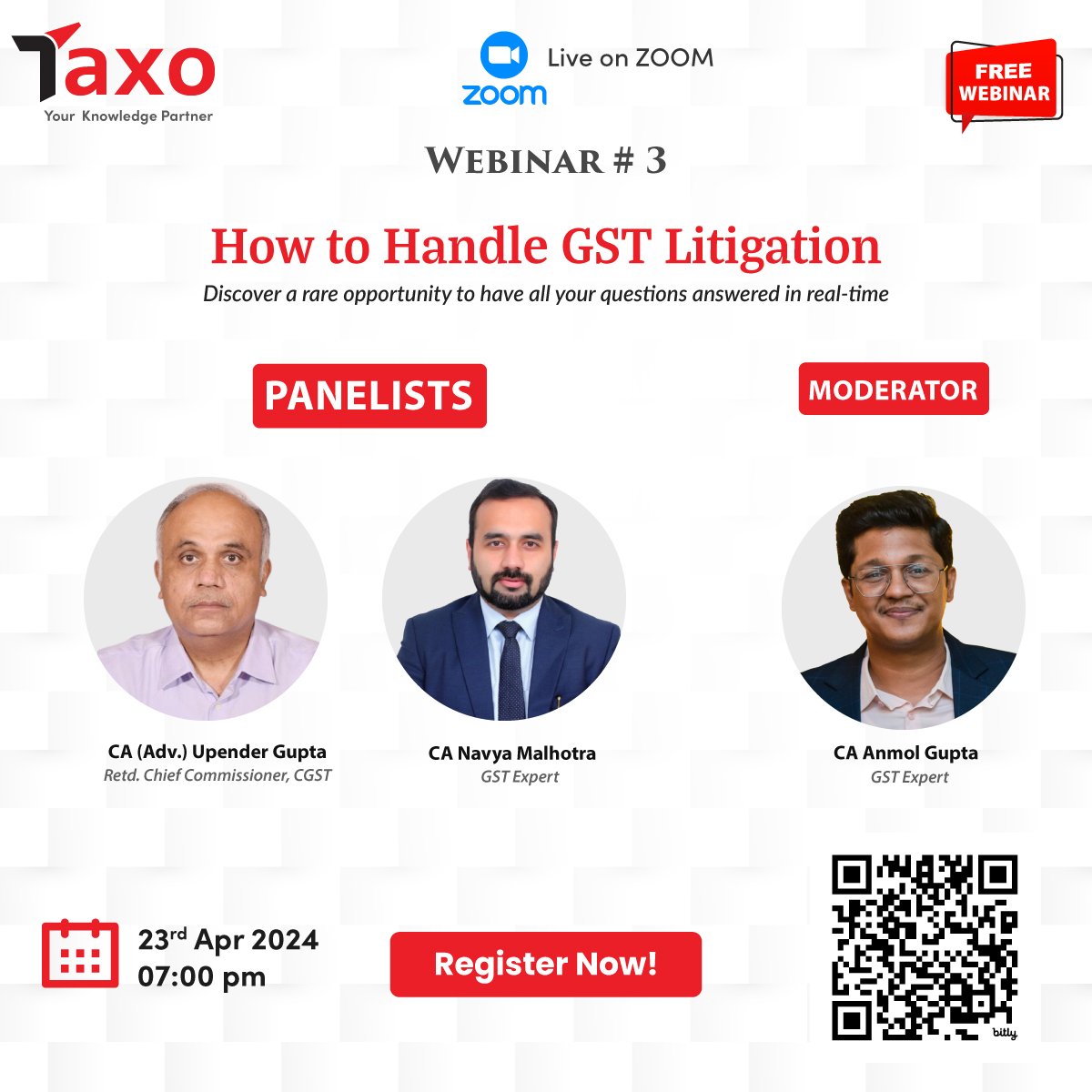No Input tax credit on inputs are allowable on short receipt of inputs, but natural losses due to dryage occuring in transit is allowable
As per Section 16(1) Every registered person shall be entitled to take credit of input tax charged on any supply of goods or services or both to him which are used or intended to be used in the course or furtherance of his business. Also, as per Section 16(2) of CGST Act the mandatory condition of availment of input tax credit is that the registered person availing the input tax credit must receive the goods.
There are many reasons for short receipt of inputs like natural cases, difference in weighing, different observing nature of product. In Pre GST many times department has issued the SCN to various assessee for reversal of ITC in case of short receipt of goods. Many petitioners have filed the appeals to the higher authorities against such orders. Court and appellants authorities has taken the view that credit would be availed in case of short receipt of inputs due to natural caused during transits. The ratio of these judgement is very useful to decide that up to what limit of short receipt of input credit is allowed in full. These are discussed below:
Tolerances in respect of hydroscopic, volatile and such other cargo has also to be allowed as per industry norms excluding, however, unreasonable and exorbitant claims. Similarly, minor variations arising due to weighment by different machines will also have to be ignored if such variations are within tolerance limits- CESTAT Chennai, in the matter of Commissioner of Central Excise v. Bhuwalka Steel Industries reported in (2010) 24 STT 436 CHENNAI – CESTAT)(FB) “after considering the argument and case law , considered the view that different types of shortages cannot be dealt with according to any one inflexible and fixed standard for the purpose of allowing credit under rule 3(1) of the CENVAT Credit Rules. Decision to allow or not to allow credit in any particular case will depend on various factors such as the following:—
- Whether the inputs/capital goods have been diverted en-route or the entire quantity with the packing intact has been received and put to the intended use at the recipient factory.
- Whether the impugned goods are hydroscopic in nature or are amenable to transit loss by way of evaporation etc.
- Whether the impugned goods comprise countable number of pieces or packages and whether all such packages and pieces have been received and accounted for at the receiving end.
- Whether the difference in weight in any particular case is on account of weighment on different scales at the dispatch and receiving ends and whether the same is within the tolerance limits with reference to the Standards of Weights and Measures Act, 1976.
- Whether the recipient assessee has claimed compensation for the shortage of goods either from the supplier or from the transporter or the insurer of the cargo.
- All these factors listed above, and any other relevant factor has to be kept in view in deciding any particular case as to whether the entire consignment has been received at the end of the recipient assessee without any diversion. Tolerances in respect of hydroscopic, volatile and such other cargo has also to be allowed as per industry norms excluding, however, unreasonable and exorbitant claims. Similarly, minor variations arising due to weighment by different machines will also have to be ignored if such variations are within tolerance limits.”
Further, in the matter of CCE Bhuwalka Steel Industries (2010) 24 STT 436 = 249 ELT 218 (CESTAT 3-member bench), it has been held that tolerances in respect of hygroscopic, volatile and such other cargo have to be allowed as per industry norms, excluding unreasonable and exorbitant claims. This was followed in CCE v. Somaiya Organo Chemicals (2012) 275 ELT 83 (CESTAT), where it was held that loss of molasses upto 2% in transit and storage is permissible and CENVAT credit is not required to be reversed.


